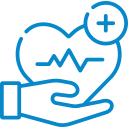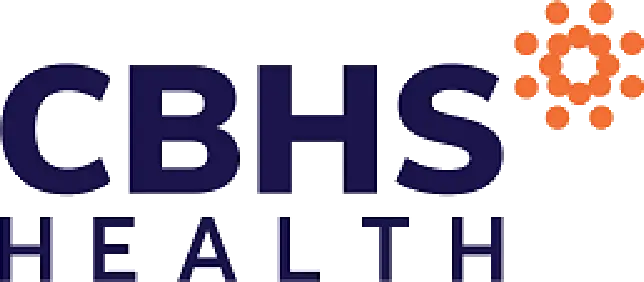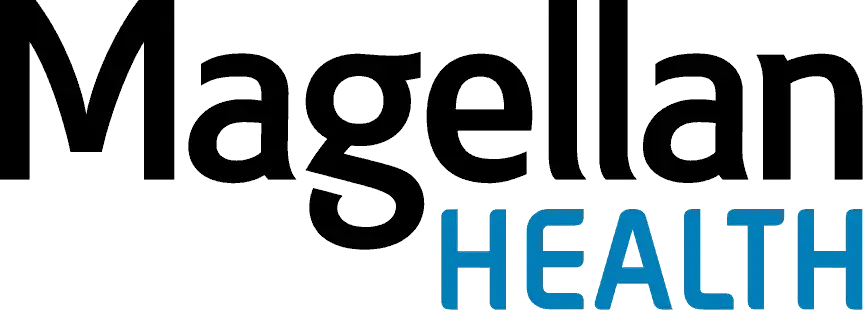Many people abuse prescription or illicit drugs or alcohol. People may use these substances for their desirable side effects.
However, alcohol and drug use can cause unwanted effects. Some who abuse substances experience new or worsening mental health symptoms, including anxiety.
Experiencing anxiety as a result of substance use may be substance-induced anxiety disorder (SIAD). This mental health disorder can disrupt daily life and impair functioning.
This article will explore substance-induced anxiety disorder. You will learn:
What you will learn:
- Why substance-induced anxiety disorder occurs
- How to recognize anxiety symptoms
- What substances can trigger this type of anxiety disorder
- Where to find substance use disorder (SUD) treatment
Many of the drugs people abuse have the potential for addiction. If you or someone you love struggle with substance abuse or addiction, you are not alone. Support and comprehensive treatment are available at the Carolina Center for Recovery.
Contact our intake specialists now to explore our treatment programs or to schedule an intake evaluation.
What is Anxiety?
Anxiety is a feeling of uneasiness, fear, agitation, or worry. Anxiety can have physical symptoms, including:
- Racing heart
- Sweating
- Tremors
- Muscle tension
- Chest pain or tightness
- Restlessness
Anxiety can occur when people think about something that will happen in the future or when responding to an immediate stimulus.
Anxiety is an everyday part of life. People may feel anxious about aspects of everyday life: whether they’ll arrive at an appointment on time, how they’ll perform on a test, etc. People can often manage these everyday stressors using healthy coping tools.
However, some people experience anxiety that overwhelms their ability to cope. People may experience frequent or constant bouts of worry or anxiety or may experience panic attacks.
People with an anxiety disorder may experience frequent, significant distress that keeps them from functioning. In some cases, people may need to use prescription medications to manage the symptoms of anxiety in order to function.
What is Substance-Induced Anxiety Disorder?
Substance-induced anxiety disorder (SIAD) is a type of anxiety disorder that develops as a result of substance abuse. People may develop anxiety symptoms while intoxicated or withdrawing from an addictive substance.
People with SIAD may experience anxiety symptoms that occur while they are using drugs or alcohol, or they may develop anxiety as their body detoxifies. Substance-induced anxiety disorder can be disruptive to a person’s life. It may also prevent people from completing detox or lead to relapses in recovery.
Substance or medication-induced anxiety disorder is a recognized mental health disorder. People with SIAD typically require treatment and ongoing support to manage this condition and recover.
What are the Symptoms of Substance-Induced Anxiety Disorder?
People often experience varying symptoms of SIAD that depend on their experience with an addictive substance. However, common symptoms of a substance-induced anxiety disorder include:
- Intense feelings of fear or worry
- Agitation and restlessness
- Poor concentration
- Irritability
- Sleep problems
- Fatigue
- Obsessive thoughts
- Irrational fears
- Panic attacks
People living with SIAD may become isolated. They may struggle to function. People who develop this complex condition typically require comprehensive treatment and support. They must receive specialized treatment to address their mental health condition and addiction.
What Substances Can Cause Substance-Induced Anxiety?
Many substances can cause SIAD. Here is an overview of some of the most common substances that may lead to substance-induced anxiety.
Medications
Many over-the-counter and prescription medications can cause symptoms of anxiety, including:
- Opioids
- Corticosteroids
- Antihistamines
- Sedatives
- Thyroid medications
- Respiratory drugs
- Mental health medications
- Blood pressure medications
- Stimulants
Drugs
Illegal and legal drugs can cause symptoms of anxiety and SIAD, including:
- Alcohol
- Hallucinogenic drugs like PCP, MDMA, and LSD
- Hypnotics
- Tobacco
- Stimulants
- Caffeine
- THC
People may also experience anxiety from exposure to other substances, including gasoline, heavy metals, and carbon dioxide.
Timely treatment allows people to recover from SIAD and avoid substance abuse. It is important to watch for signs of substance-induced anxiety disorder and seek treatment as quickly as possible.
Treatment for Substance-Induced Anxiety Disorder
If you struggle with substance-induced anxiety disorder, comprehensive treatment can help you overcome substance abuse and mental health conditions. Your SIAD treatment plan may include:
- A medically-supported detox program to help you manage withdrawal symptoms and prevent relapse
- Mental health treatment
- Behavioral therapies, including cognitive-behavioral therapy (CBT) and dialectical behavior therapy (DBT)
- Medications to reduce withdrawal symptoms and manage mental health conditions
- Group therapy
- Family therapy
- Relapse prevention education
- Coping skills
- Art therapy, exercise, nutrition support, mindfulness, and other holistic therapies to support whole-person healing
- Aftercare planning
Some people with addiction and SIAD require the intensive support of an inpatient treatment facility. Many people begin recovery in an inpatient program before transitioning into outpatient rehab.
Find Treatment for Substance-Induced Anxiety Disorder
If you or someone you love is struggling with anxiety and addiction, you are not alone. Comprehensive, supportive treatment is available at the Carolina Center for Recovery.
Contact the intake team now to explore our holistic rehab programs or schedule an intake assessment.
References:
- American Psychiatric Association (APA): What are Anxiety Disorders?
- National Institutes of Health (NIH): Anxiety and Substance Use Disorders: A Review
- Springer Link: Substance-Induced Anxiety and Co-occurring Anxiety Disorders
- NIH: Psychiatric side effects of medications prescribed in internal medicine
- NIH: Medication dependence and anxiety










